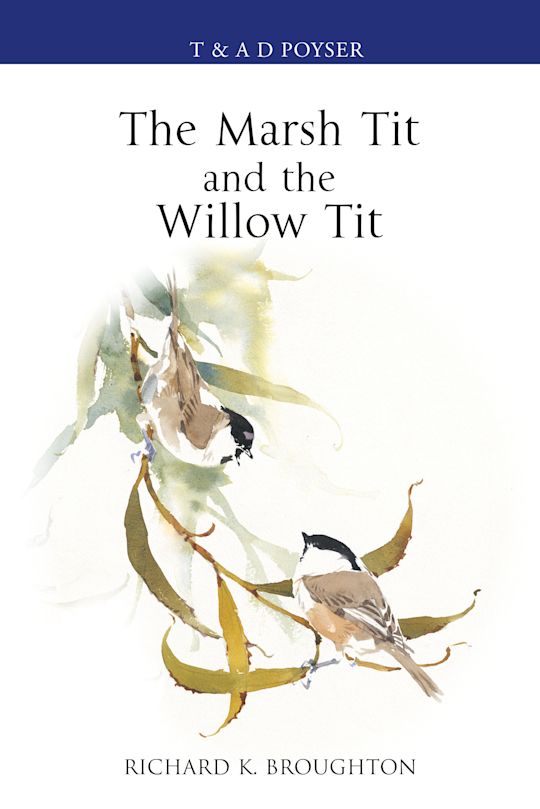Introduction
Mahr, also known as dowry or dower, is a financial obligation that the groom pays to the bride as part of the Islamic marriage contract (nikah). The institution of mahr has been established in Islam as a means of safeguarding the rights and interests of women in marriage. The question of why men are required to pay mahr and not women has been a subject of debate and discussion among scholars and laypeople alike. In this answer, we will explore the Islamic perspective on mahr, its significance, and the reasons behind the requirement for men to pay it.
1. The Quranic Basis for Mahr
The Quran explicitly mentions the obligation of mahr in several verses, such as:
“And give the women [upon marriage] their dower as a free gift; but if they, of their own good pleasure, remit any part of it to you, take it and enjoy it with right good cheer.” (Quran 4:4)
This verse establishes the obligation of mahr as a right of the bride, which the groom must fulfill as a part of the marriage contract.
2. The Purpose of Mahr
Mahr serves several purposes in Islamic marriage:
a. Financial Security: Mahr provides the bride with financial security, ensuring that she has a means of support in case of divorce or the death of her husband.
b. Recognition of the Bride’s Worth: Mahr acknowledges the bride’s worth and dignity as an independent individual, rather than viewing her as a mere possession of her husband.
c. Encouraging Marriage: The requirement of mahr can act as a deterrent against frivolous marriages and divorces, as it places a financial responsibility on the groom.
3. The Reason Behind Men Paying Mahr
The requirement for men to pay mahr is rooted in the Islamic understanding of gender roles and responsibilities within marriage. While both men and women have their respective duties and rights, the financial responsibility of providing for the family primarily falls on the husband. This is based on the Quranic verse:
“Men are the protectors and maintainers of women, because Allah has given the one more (strength) than the other, and because they support them from their means.” (Quran 4:34)
Given this understanding, it is logical for the groom to bear the financial burden of mahr, as it is a part of his overall responsibility to provide for his wife and family. Additionally, the mahr serves as a means of compensating the bride for any potential loss of her independence, social status, or financial opportunities that may result from marriage.
4. Scholarly Perspectives
Islamic scholars throughout history have supported the requirement of men paying mahr, citing Quranic verses and the teachings of the Prophet Muhammad (peace be upon him). For example, Imam Al-Ghazali, a renowned theologian and jurist, wrote in his seminal work “Ihya Ulum al-Din”:
“The mahr is a right of the wife, and it is not permissible for her to waive it without the husband’s consent, because it is a legal right established by the Shariah.”
Conclusion
The Islamic requirement for men to pay mahr in marriage is based on Quranic verses and the understanding of gender roles and responsibilities within the Islamic framework.
Mahr serves as a means of ensuring the financial security and dignity of the bride, while also acting as a deterrent against frivolous marriages and divorces.
The requirement for men to pay mahr is not a reflection of the inferiority or subjugation of women, but rather a recognition of their rights and the financial responsibilities of men within the institution of marriage.
#Muslim #nen #pay #mahr #marrying


